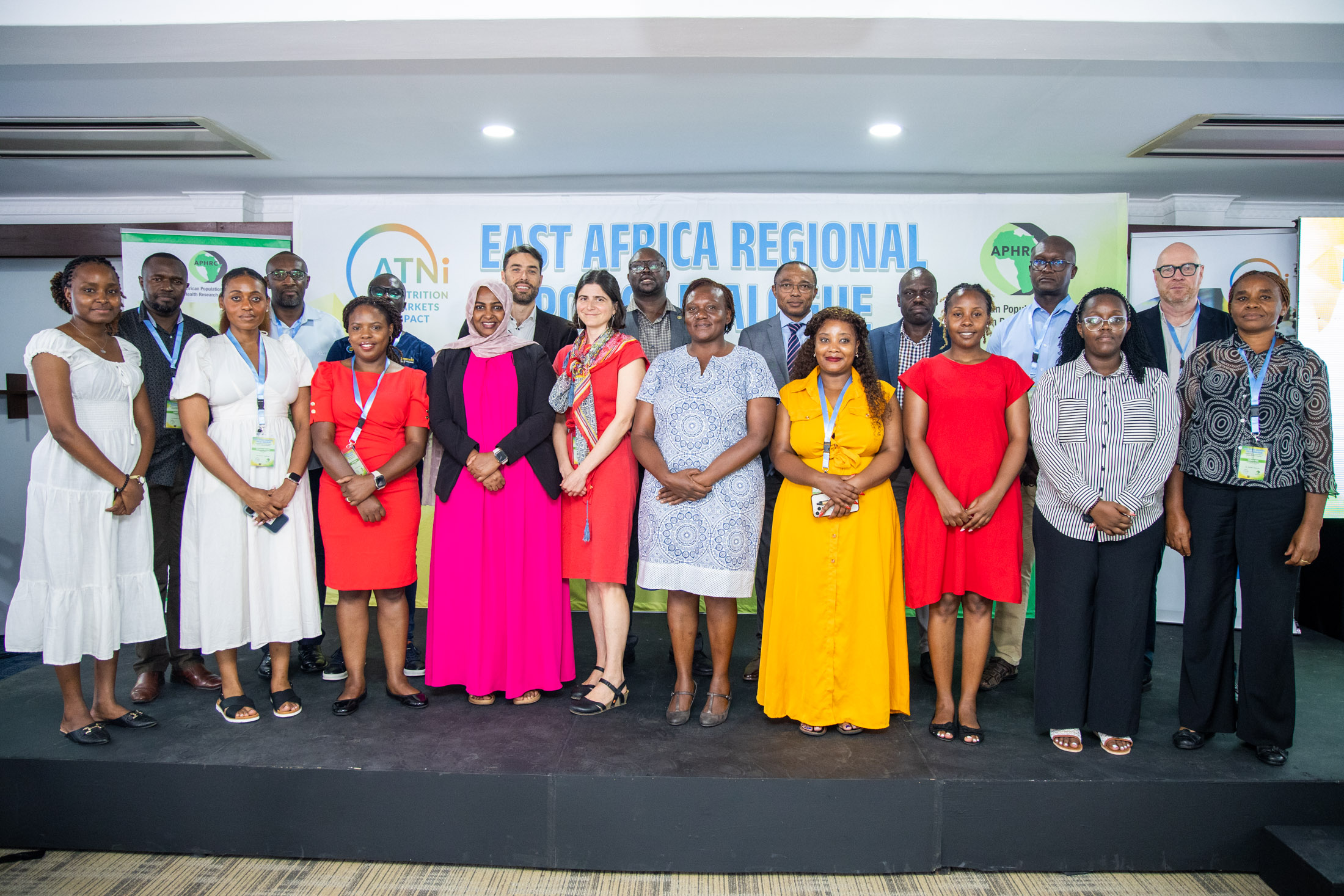From Data Collection to Public Health Impact
- Blog, Featured
By Stephen Ombija, CDAE fellow and Topistar Karani, Communications Officer, APHRC
In the heart of Kibra’s informal settlements, a critical issue often goes unseen: intimate partner violence (IPV). But thanks to the dedicated efforts of researchers like Stephen Ombija, this hidden challenge is being brought to light. His journey from extensive work in data collection to becoming a leading voice in epidemiology showcases how focused training and unwavering commitment can translate into real-world public health impact.
Stemming from his extensive work in vaccine-preventable diseases at the Kenya Medical Research Institute (KEMRI), Stephen decided to pursue a master’s degree in epidemiology on January 17, 2022 at Amref International University. While his experience in data collection was vast, he lacked the analytical skills required to make informed decisions, prompting his decision to join APHRC’s Capacity Development for Applied Epidemiologists (CDAE) program.
The journey, however, was not without challenges. Navigating the research phase required overcoming bureaucratic hurdles, particularly in securing approvals from public health institutions. “It was a learning curve,” he admits. “I realized the importance of learning and research institutions engaging with authorities after IRB approvals to ensure smoother transitions.” Despite these obstacles, Stephen’s time in the program was transformative. He went from simply collecting data to mastering data wrangling, analysis, and research dissemination.
His growing confidence propelled him to present his findings at prestigious conferences like KEMRI’s Annual Scientific Conference, the East Africa Health and Scientific Conference, and the International Conference of Public Health in Africa.
Stephen’s research focused on IPV among women in informal settlements, particularly in Kibra. His findings revealed that low education levels, alcohol intake, and childhood exposure to violence were strongly associated with IPV. Conversely, he also found that access to water and sanitation facilities had a protective effect. These crucial insights have significant policy implications, especially in light of the rising number of femicide cases. Notably, the links between childhood exposure and intimate partner violence were incorporated into the Ministry of Health’s 2025 policy brief.
The skills Stephen acquired through the CDAE program have proven invaluable in his current work at KEMRI. He has applied his surveillance and inferential statistics to environmental sampling, drawing critical distinctions between closed and open canal systems. His epidemiological expertise has also enabled him to develop a proposal on exploring alternative sites (septic tanks and pit latrines) for multi-pathogen detection in areas lacking sewerage networks (Currently in the implementation phase). He credits his proficiency in Surveillance, STATA, and R, crucial epidemiology skills, to the CDAE Joint Seminars. These skills have offered immense potential for more complex data analysis in his future research on environmental health and its impact on human health.
Stephen’s future goals are driven by a deep desire to make a tangible difference in public health. In the immediate future, he is concentrating on data analysis, evidence synthesis, and dissemination at KEMRI to ensure his research has a real-world impact. He’s also actively seeking internal grants to support these efforts. Looking further ahead, Stephen’s ambition is to tackle larger challenges. He plans to secure external ‘mega grants’ to fund expansive projects, build strategic collaborations to broaden his reach, and mentor upcoming researchers to ensure the field’s continued growth. His pursuit of a Doctor of Public Health (DrPH) program reflects his commitment to excellence in public health. Stephen envisions a career in public health, particularly within non-governmental organizations, where he can dedicate his expertise to environmental health and its critical relationship with health outcomes. He firmly believes this focus is essential for mitigating the burden of both communicable and non-communicable diseases.
Reflecting on the CDAE program, Stephen praises its effective communication, seamless engagements, and timely funding disbursements, all of which ensured smooth research execution. His experience illustrates the transformative impact of structured training in building research capacity and influencing public health outcomes. The CDAE program not only equipped him with technical expertise but also fostered confidence, networking, and career advancement opportunities, solidifying Stephen’s role as a rising leader in the field of epidemiology.

























